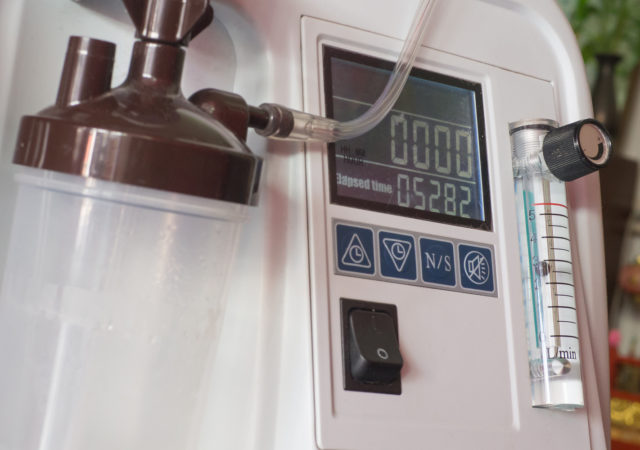It’s not easy caring for a loved one with Alzheimer’s disease so perhaps the last thing on your mind would be to take a vacation with them. You might worry about your loved ones feeling confused or agitated in her/his new environment. Another valid concern could be the logistics of getting to your destination. However, with a little planning ahead of time you can make travel a pleasant experience for your loved one. Here are four things to consider.
Choose a destination with a familiar environment: Since your loved one will already be dealing with a slightly disrupted routine, try to make your vacation destination as familiar as possible. We recommend a trip to a previously loved family vacation spot. Another tip is to pack familiar objects such as a blanket or pillow that will remind your loved one of what she knows. Consider what stage of Alzheimer’s disease your loved one is in. If he/she is in the later stages, then perhaps you want to find a local destination that doesn’t involve too much travel.
Keep travel time to a minimum: Anything more than four hours might increase stress levels. Long layovers between flights and bustling airports could trigger anxiety. Consider a road trip to a nearby destination. This gives you more control over the pace of travel and you can always take breaks when you need to. It also keeps distractions and noise to a minimum. Choose activities or projects to pass the time on the road or create a playlist of favorite songs. Always consider the best and worst times of your loved one’s day and schedule travel accordingly.
Pack a health file: Think about what you would need in a medical emergency. Even if you’re going on a short trip, create a health folder containing medical files, a medication list, doctors contact information as well as paperwork about medical history. It might also make sense to pack any legal documents you have such as guardianship papers, power of attorney or a living will.
Use a GPS tracking device: These handy gadgets allow you to follow the physical location of your loved one in real time. They look like sports watches and when your loved one wears one, wireless technology helps you track them. Of course, you should try to be physically around your loved one as much as possible, but a GPS device can be a godsend in any unforeseen circumstances or a crowd.








